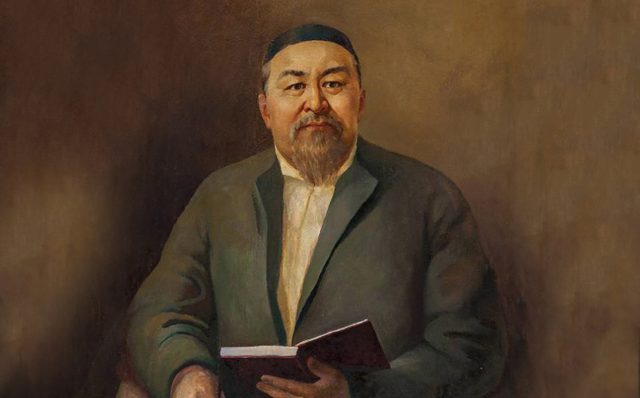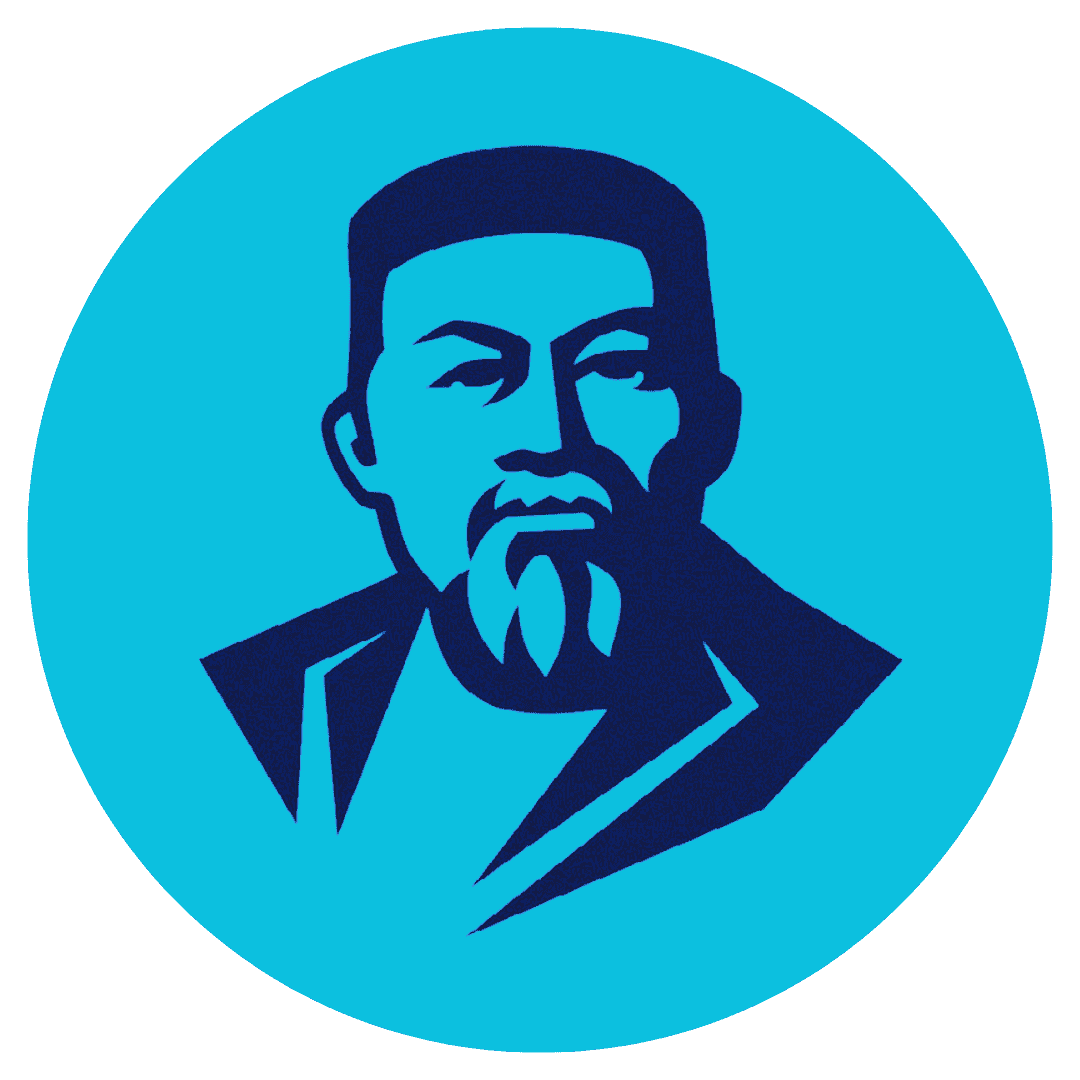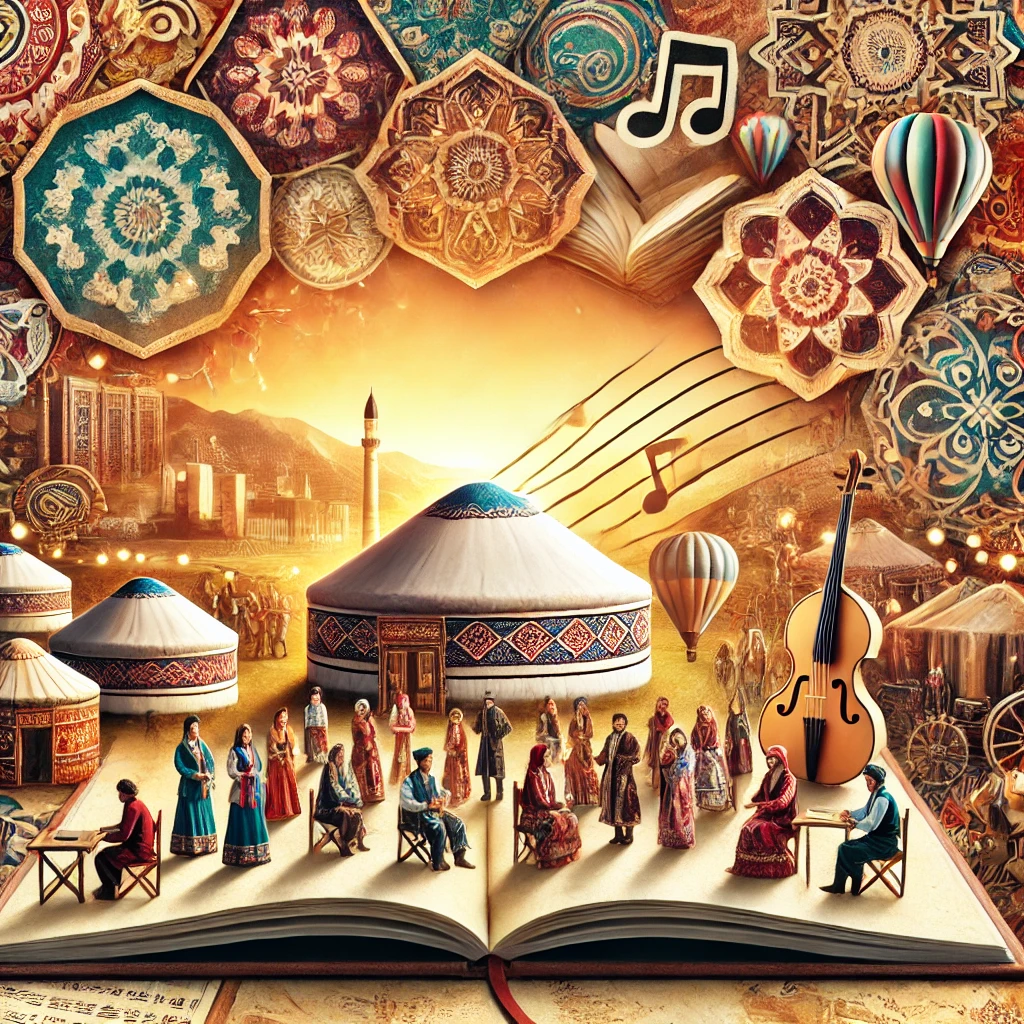
Introduction
Abay Kunanbayuly is one of the greatest figures of Kazakh culture and literature, a pillar of national consciousness. His works and thoughts extend far beyond his time, continuing to have a significant impact on modern society. Abay’s legacy combines high moral values, a thirst for knowledge, diligence, and an understanding of national identity. This article explores the core principles of Abay and their relevance to contemporary society.
Abay’s Thirst for Knowledge: The Path to Spiritual Growth
Knowledge is the key to human spiritual and intellectual development. Abay held this truth in high regard and reflected it in his works. He criticized the ignorance and darkness of his era, urging people to pursue education and master the sciences.
In his poem “Do not boast until you know the sciences,” Abay emphasizes the importance of knowledge in human life. According to him, science broadens one’s horizons, shapes a new worldview, and helps overcome life’s challenges. In today’s era of technology, these ideas are particularly relevant, as knowledge underpins the development of all areas of society.
Abay’s own life was a vivid example of a dedication to education. He studied Arabic, Persian, and Russian languages and read the works of Eastern and Western classics. His insatiable thirst for knowledge serves as an inspiration not only for the Kazakh people but also for humanity as a whole.
The Moral Values of Abay: A Timeless Ethical Foundation
Moral and ethical values hold a special place in Abay’s works. He considered qualities such as justice, kindness, honesty, and responsibility as the foundation of inner purity and stability in society.
Abay’s ideals of morality are vividly expressed in many of his poems and philosophical reflections. For example, in his “Nineteenth Word,” he stresses the importance of self-criticism. These thoughts remain timeless, providing answers to the eternal questions of human existence.
Abay’s moral ideals should play a central role in the upbringing of youth. His works serve as a moral compass, fostering the development of spirituality and inner harmony in individuals.
National Identity and Culture: The Pillars of Kazakh Spirituality
Abay Kunanbayuly deeply understood the importance of preserving the national characteristics, culture, language, and traditions of his people. His creativity is a vivid embodiment of national identity.
In his poems and philosophical writings, Abay celebrated the cultural heritage of the Kazakh people. Just as Chokan Valikhanov aspired to be “a light in the dark sky of Kazakhstan,” Abay elevated the spirit of the people through his poetry. For him, knowledge and culture were the primary tools for awakening national consciousness.
In the era of globalization, preserving national identity is of paramount importance. Abay’s cultural legacy inspires the Kazakh people to safeguard their uniqueness, traditions, and language.
Diligence and Perseverance: Values that Drive Society Forward
One of the central themes in Abay’s works is diligence. He regarded labor as the foundation of personal success and societal prosperity.
Abay’s writings illustrate how persistence and effort lead individuals to their goals. For instance, in his poem “In the dark night, the mountain slumbers,” he masterfully portrays the harmony between nature, humanity, and labor.
Diligence and perseverance remain essential qualities in today’s world. Cultivating these traits among youth means following Abay’s legacy and directing his teachings toward the future.
Conclusion
The legacy of Abay Kunanbayuly is not only a spiritual treasure of the Kazakh people but also a collection of universal values. His core principles—thirst for knowledge, morality, preservation of national identity, and diligence—are as relevant today as ever.
Abay’s works and thoughts continue to inspire the nation’s spiritual development. His teachings will remain a guiding light for present and future generations. Thus, studying, promoting, and applying Abay’s legacy is the duty of every Kazakh citizen.







